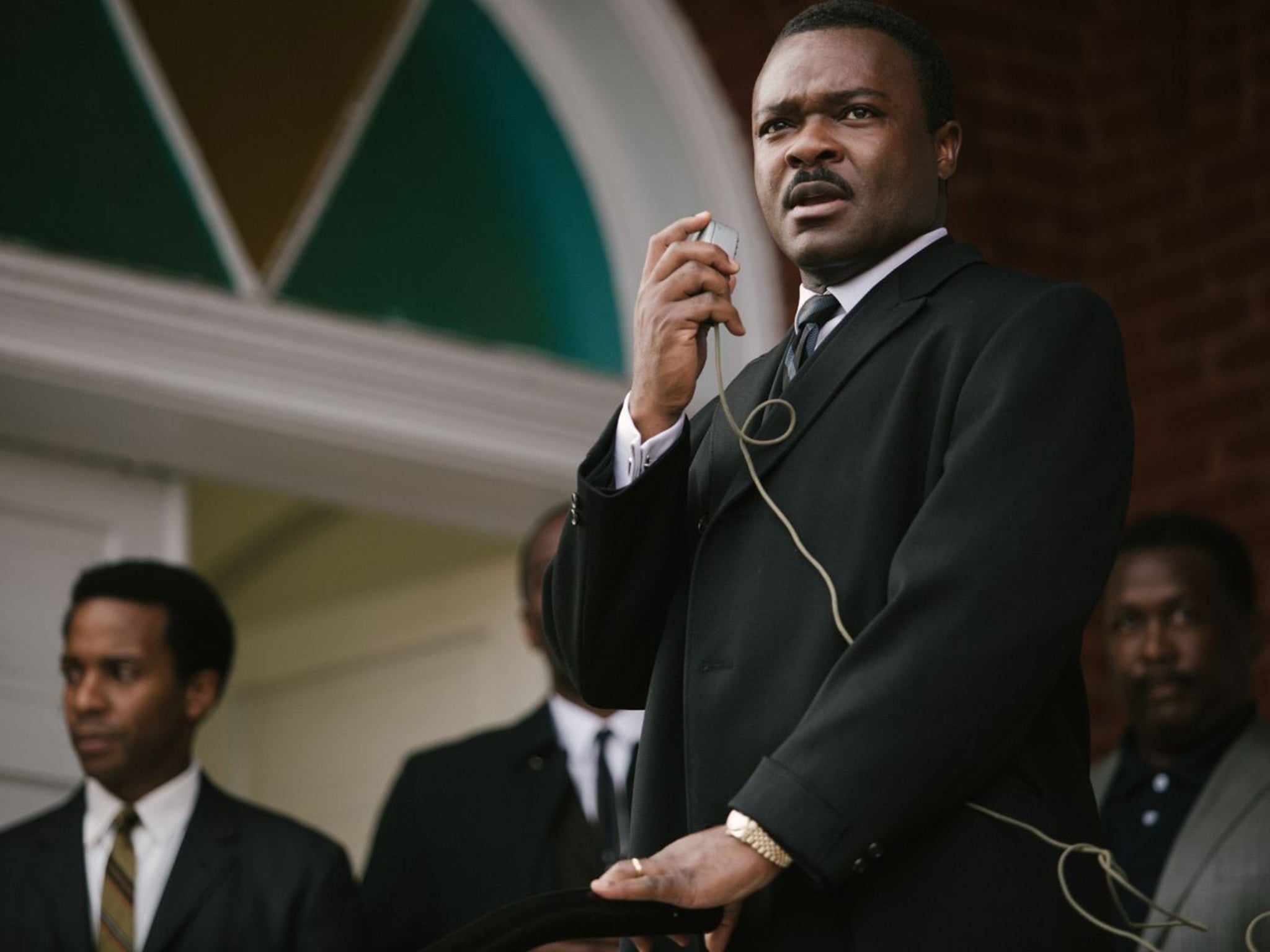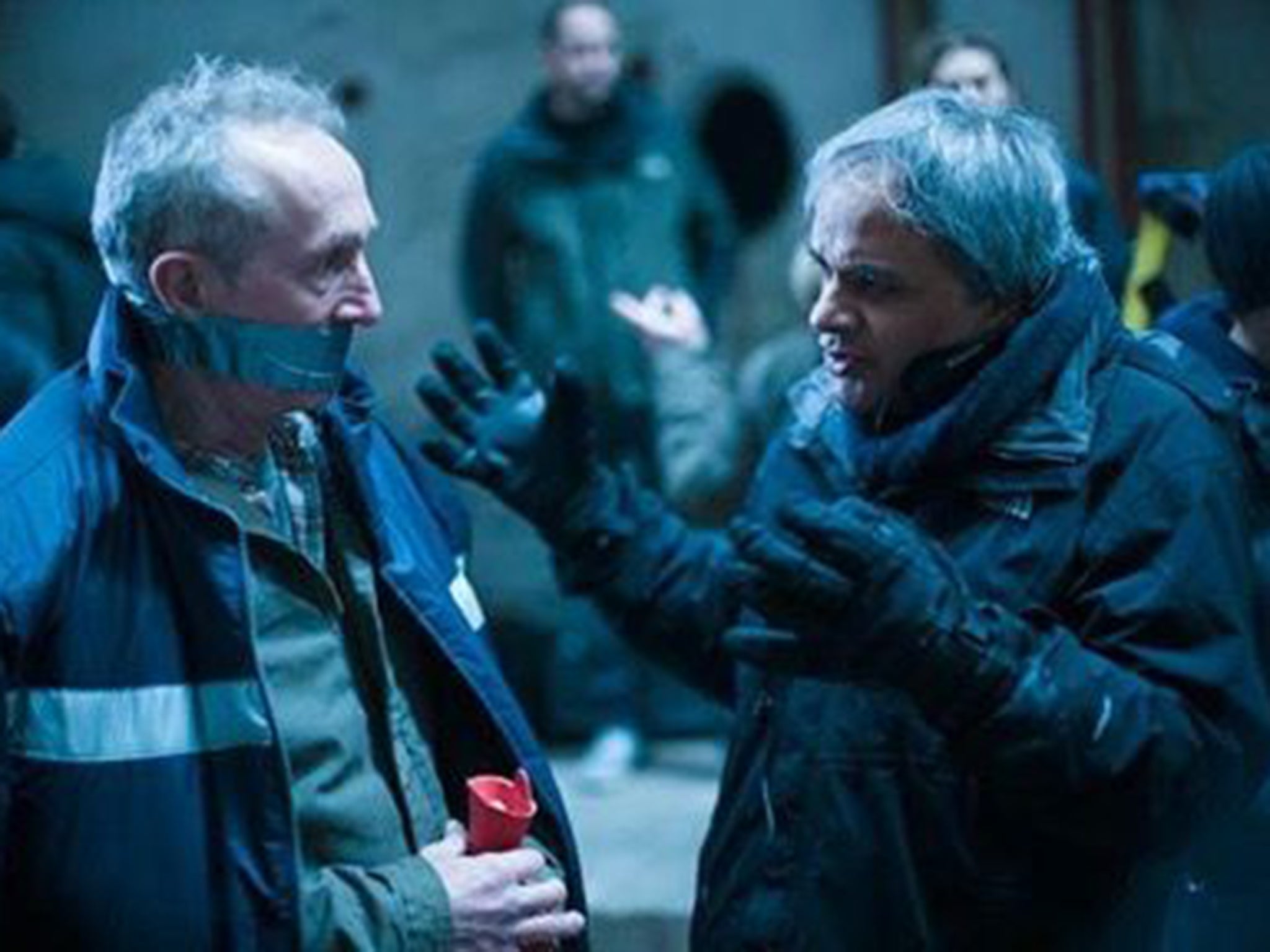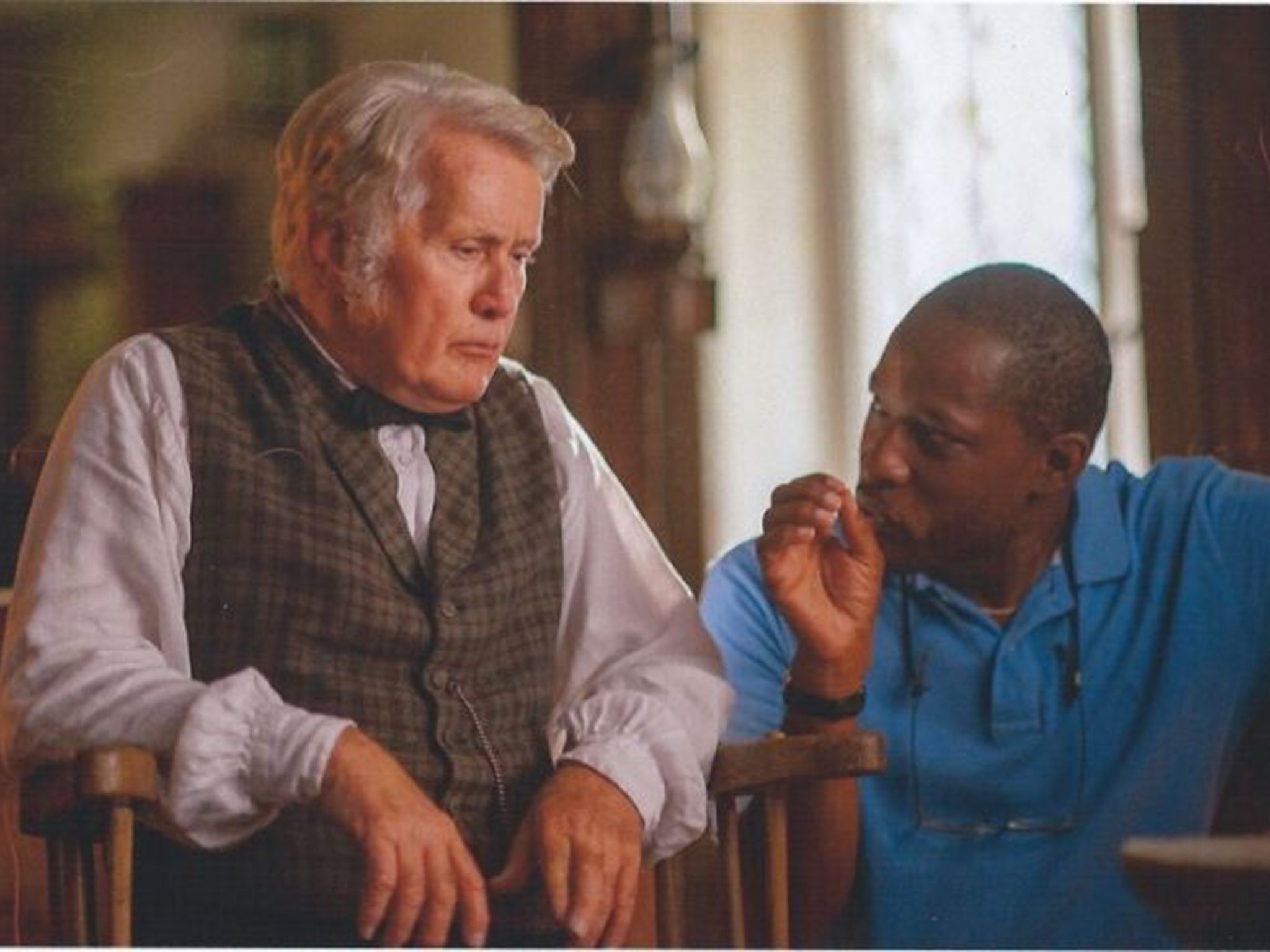British TV directors from ethnic minorities 'forced to follow black actors to US to further careers'
Research reveals extent BAME talent is being frozen out of industry, making up only 2.5% of UK directors

Your support helps us to tell the story
From reproductive rights to climate change to Big Tech, The Independent is on the ground when the story is developing. Whether it's investigating the financials of Elon Musk's pro-Trump PAC or producing our latest documentary, 'The A Word', which shines a light on the American women fighting for reproductive rights, we know how important it is to parse out the facts from the messaging.
At such a critical moment in US history, we need reporters on the ground. Your donation allows us to keep sending journalists to speak to both sides of the story.
The Independent is trusted by Americans across the entire political spectrum. And unlike many other quality news outlets, we choose not to lock Americans out of our reporting and analysis with paywalls. We believe quality journalism should be available to everyone, paid for by those who can afford it.
Your support makes all the difference.British television directors from minority ethnic backgrounds are being frozen out by the industry and are increasingly having to follow black actors to America in order to build their careers.
Detailed research from Directors UK has found that only 3.5 per cent of British directors (214 out of 6,032) are of black and minority ethnic (BAME) heritage and that they direct disproportionately few (1.5 per cent) TV programmes.
The industry body’s report, UK Television: Adjusting the Colour Balance, examined more than 15,000 programmes and found that none of the period dramas, chat shows, game shows or reality shows employed a BAME director.
On “shiny floor” entertainment shows and daytime programmes fewer than 1 per cent of directors were from a minority background. Serials (5.14 per cent) and crime dramas (6.33 per cent) performed slightly better.
Directors UK described its finding as “shocking”. Andrew Chowns, its chief executive, said producers are “terrified” of employing directors from beyond a narrow, trusted pool. “Commissioners always say they’re interested in innovative ideas and want people to surprise them. They should put their money where their mouth is,” he said.
But many leading British directors from BAME backgrounds are enjoying success in American TV and film. Their experience is starting to mirror the decade-long transatlantic exodus of black British actors, including Idris Elba (The Wire), Marianne Jean-Baptiste (Without a Trace), David Harewood (Homeland), Lennie James (The Walking Dead); David Oyelowo, who played Martin Luther King in the film Selma, recently told Radio Times: “I shouldn’t have to feel like I have to move to America to have a notable career.”

British BAME directors have told The Independent on Sunday of their frustration at the limited opportunities in the UK and spoken of the lure of the much larger American industry. Menhaj Huda, whose directing credits include the film Kidulthood (for which he won best debut director at the British Independent Film Awards) and the cult Channel 4 series Queer as Folk, said: “This year I decided to stop banging my head against a brick wall and try America. I have an agent and manager and we are going to start the process in LA.”
Huda, 48, who has directed mainstream shows including EastEnders and Coronation Street, said: “Although diversity on screen has improved in the past 18 months since Lenny Henry raised the issue, we are not seeing the same changes behind the camera – if anything it has become harder.” He carried out his own research of British one-hour TV dramas in 2015 and found that of 129 directors, only 21 were women, only two were black and two were Asian.
Udayan Prasad, a director who came to England as a boy from India, said “nothing seems to have changed” since he began working in television 30 years ago. “What’s personally depressing is that we have not moved on at all since I entered the industry in the 1980s,” he said. “I’m completely at a loss as to why that should be.” Prasad, who worked on The Tunnel for Sky Atlantic and The Musketeers for BBC1, said he was the only minority ethnic director on those shows. He added that Britain was being “short-sighted” in failing to see the benefit of putting a richer diversity of cultural perspectives behind the camera.

Watch Apple TV+ free for 7 days
New subscribers only. £8.99/mo. after free trial. Plan auto-renews until cancelled

Watch Apple TV+ free for 7 days
New subscribers only. £8.99/mo. after free trial. Plan auto-renews until cancelled
The film and documentary-maker Arun Kumar said there was a greater diversity among executive “decision-makers” in the American industry. “The higher echelons of the UK television industry, especially drama and high-end documentary are pretty much exclusively white.”
Alrick Riley, the most successful British BAME director to have gone to America, has been hired to direct forthcoming episodes of crime shows CSI: Cyber and NCIS: New Orleans and has worked in America for two years.
Riley made his reputation as a director on high-profile dramas including The Cops, Babyfather, Hustle and Spooks (the last two made by Kudos, which has a track record in hiring minority ethnic directors and actors).
He said Spike Lee’s work in the 1990s had inspired a generation of would-be black directors but few in Britain had been able to progress. “I thought that by now the situation would be very different.
“I think that this industry should reflect the people living in society. There should be an equal playing field no matter what race, creed, colour, sex that you are.”
Gurinder Chadha recently made the Desi Rascals reality series for Sky after making her name as a highly successful film director (Bend It Like Beckham, Bride & Prejudice). But Christiana Ebohon, who has directed soaps including Hollyoaks and EastEnders, said: “If you are anything other than a white, male director your career opportunities are at best limited and at worst squashed.”

Other British BAME directors to cross the Atlantic include Omar Madha, who worked on Law and Order: Criminal Intent before being hired by Fox to direct Kiefer Sutherland in 24: Live Another Day (which was filmed in Britain), and Londoner Mark Tonderai, who returned from working in America to direct the new Sky 1 series The Five.
Bharat Nalluri was invited to the US by the Weinstein Company to direct The Crow: Salvation. He stayed on to make further feature films and the HBO mini-series Tsunami: The Aftermath. Born in India and raised in Newcastle-upon-Tyne, he worked on Spooks, Hustle and Life on Mars but said he was “gobsmacked” by the lack of BAME directors in the UK industry.
“I’m an amalgam of British Geordie and Indian – I always tell stories from many perspectives. The reason you hire me is because I am a storyteller,” he said. “If you ignore 14 per cent of the population, a lot of [viewers] will move away from TV and go to social media.”
Join our commenting forum
Join thought-provoking conversations, follow other Independent readers and see their replies
Comments